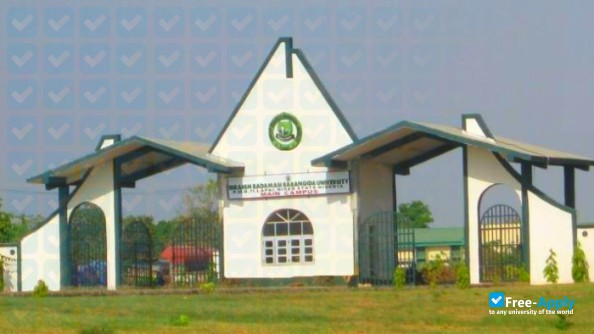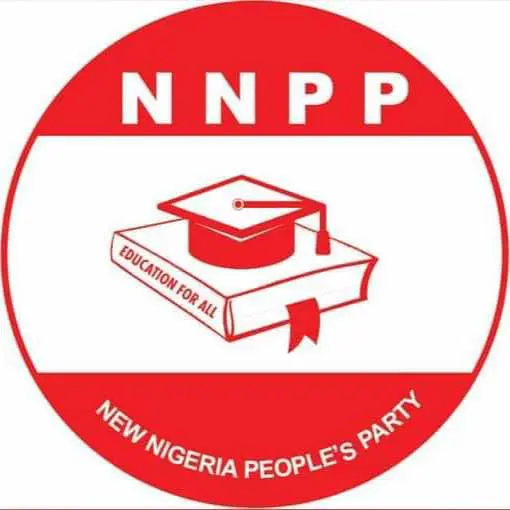The Federal Government of Nigeria has launched a total of 536 community projects across the Niger Delta region as part of its efforts to give back to oil-producing communities. According to the Nigerian Upstream Petroleum Regulatory Commission (NUPRC), these projects are being implemented simultaneously in the region. The commission cited the example of a school in Obagi oil-producing community in Rivers State, which has undergone significant transformation as part of the projects.
The projects are being handled through the Host Community Development Trust (HCDT), a fund mandated by the Petroleum Industry Act of 2021. The HCDT requires oil companies to deposit three percent of their operating expenditures from the preceding financial year into a trust fund, which is then used to finance community development projects. As of October 13, 2025, the HCDT has risen to ₦373 billion, comprising ₦125 billion and $168.9 million contributed by oil companies operating under the Petroleum Industry Act, 2021.
Some of the projects that have been delivered include a two-storey classroom block with 18 fully furnished classrooms, the remodelling of Ogbogu Cottage Hospital with a 20-bed capacity and a new diagnostic centre, and the upgrade of the Ogbogu Ultra-Modern Civic Centre. Other projects include road pavements, a bottled and sachet water factory, and the installation of gas skid plants and school renovations in various communities.
The NUPRC monitors the implementation of the fund through a dashboard known as HostComply, ensuring that the funds are used in accordance with the extant laws and the Petroleum Industry Act. Last month, the commission facilitated the delivery of over 10 projects and the flag-off of another 10 projects under the Obagi HCDT in Rivers State, operated by TotalEnergies.
The launch of these community projects is a significant step towards addressing the developmental needs of oil-producing communities in the Niger Delta region. The HCDT provides a framework for oil companies to contribute to the development of their host communities, and the NUPRC’s monitoring efforts ensure that the funds are used effectively. As the region continues to benefit from these projects, it is expected that the living standards of the communities will improve, and the region will experience sustainable development.



